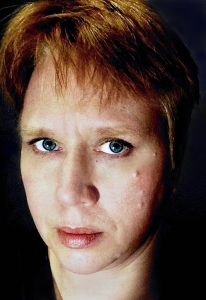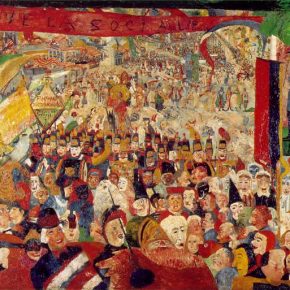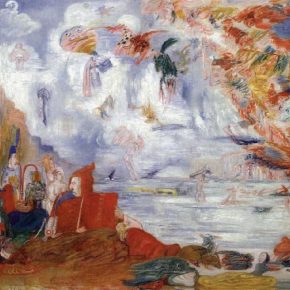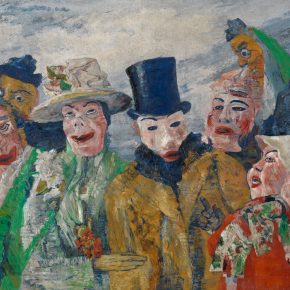September’s contributions dig deep down to the essence of what it means to live and exist in our world, both physically and psychologically. Many works present aspects of life as they are, without extra layers of style or idealization.
Elizabeth Hughes reviews titles in her Book Periscope column that confront and explore intense themes: survival despite violent oppression and displacement in Urmila Patel’s Out of Uganda in 90 Days, love and other reasons why we as human beings connect sexually in Dr. Ramon Pinon’s Friction and Fantasy. Even the title that seems more lighthearted, Cynthia Snyder’s memoir To Keep a Butterfly from Flying, was written to highlight the struggles of international workers aboard cruise ships, some of whom are escaping dangerous situations or poverty in their home countries and seeking an avenue to provide for their families.
Joan Beebe presents western North America’s recent wildfires as an inexorable and destructive force of nature, yet represents subsequent regrowth as an inevitable result. Her other pieces deal with a fearful incident that ultimately reveals itself to be humorous and with changing seasons and annual celebrations. Chimezie Ihekuna also contributes a piece where fire is definitely not romanticized. It’s a real and terrifying phenomenon, yet, like Joan Beebe, he acknowledges that it is temporary and that trees and growth will return.
Vijay Nair writes of female power and male obsession, forces that can destroy as well as create. Sylvia Ofoha takes on a journey through the grief of lost and forbidden love, yet, as with Allison Grayhurst’s poetic odyssey through grief and restoration, she suggests the possibility of healing if we persevere through the trauma.
Mahbub shows us images of growth: people moving forward in their lives, adults learning, small children getting older and more adept and coordinated. Yet along with the growth there are car accidents and interpersonal acts of violence. We’ve got to reckon with ourselves as we live, figure out how to correct our course to minimize our losses as we move forward. Karen D’Antona’s poem, and her daughter Lynda Rondon’s accompanying illustration, acknowledges and mourns the seemingly random tragedies in our lives, with the September 11th attacks on the World Trade Center as an example.
J. Ryberg’s poetry suggests that many things will ultimately end up all right, even when your garden is full of weeds or you come close to the medical definition of death. Even on a lonely journey through the wilderness areas of Wyoming, if you get lost, you’ll find your way again.
Other contributors pipe in about the decisions, thoughts and regrets that get at the core of who we are. Individual people come through in all their glory, wrinkles and all, in Ryan Quinn Flanagan’s poetic vignettes, rife with curmudgeonly humor. J.J. Campbell’s poems present sorrow through the lens of nostalgia for his youth, for what could have been as much as what actually happened. Marc Carver writes about how we find and take our place in the universe. As we sense that death and evil are real, we, like the spider on his ceiling, seek out places where we can belong, where we are noticed and heard, whether by lovers, birds at a park or just random children at a restaurant.
Chimezie Ihekuna’s next installment of his play The Success Story includes the fateful moment when the protagonist must make a choice that will change his future. Ihekuna also has a new book coming out, The Poured-Out Thoughts, and we have published a collection of links to reviews and excerpts.
Painter Norman J. Olson shares his experience of Belgian artist James Ensor’s work. Ensor was a member of the Belgian avant-garde movement and a precursor to Expressionism. He played with masks and identity, drew upon ancient Biblical themes including the Apocalypse and the entrance of Christ to Jerusalem in triumph (although he replaced the city with Brussels) while responding to his contemporary society. Scholars have pointed to Ensor’s work as an illustration of changes in how Western societies viewed ordinary people.
Doug Hawley presents the tension of changing identity in a more communal, societal sense with his futuristic, hyperbolic spoof articles commenting on the paradoxes of city life: tolerance and economic opportunity vs high prices, crowding and lack of resources. He explores how Oregonians cope with the influx of imagined future Californian refugees, how a more rural area would deal with a sudden rush of people from more urban areas.
Grounding oneself to our physical world can shake us out of reveries and drive us to confront raw, immediate reality.
Tony Nightwalker LeTigre reviews Doug Cook’s Tae Kwon Do: A Path to Excellence, which highlights the internal psychological effects of the martial arts practice. Ritualized body movement can encourage individual practitioners to change how they think and become more confident, and, in turn, the practitioners are changing how the martial arts teachers conceptualize the practice. Jeongeui contributes paintings of nature that she links to her attitudes and her dreams for her life. As with the practice of Tae Kwon Do, the physical world and bodily experiences can inspire and mirror changes in our thoughts.
We hope that this issue drives home some intense, real, and elemental thoughts for each of you.






